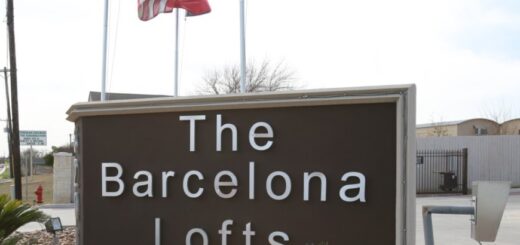Daniel Hale Blew the Whistle on the US’s Illegal Drone Program. He’s a Hero, Not a Criminal.

On Wednesday, March 31, Daniel Hale pled guilty to one count of violating the Espionage Act. On its face, the Espionage Act may sound like a law dealing with spies and saboteurs who injure the United States by furnishing military secrets to foreign enemies. But, from its inception, the act has been principally used to silence dissent. In recent decades, the law has become the government’s go-to weapon against whistleblowers and journalists who challenge the US national security state.
Hale conceded to giving documents about the US drone program to an investigative journalist (unnamed in court documents, but clearly Jeremy Scahill of the Intercept) and anonymously authoring a chapter in The Assassination Complex: Inside the Government’s Secret Drone Warfare Program. Far from a spy, Hale is a whistleblower — and a courageous one at that — whose actions have given us key insights into the unjust nature of US imperial power in the twenty-first century.
“There’s No Way of Knowing” Who’s Being Killed
From 2009 to 2013, Hale served in the US Air Force as an intelligence analyst. His motivations for enlisting were not based on an ideological affinity for US foreign policy. By Hale’s own admission, he was deeply critical of it, but he was suffering from homelessness and had few other options. While in the Air Force, Hale was assigned to work with the National Security Agency (NSA) and was even stationed at Bagram air force base in Afghanistan as part of the Department of Defense’s Joint Special Operations Task Force.
In this role as a signals analyst, Hale was involved in the identifying of targets for the US drone program. Hale would tell the filmmakers of the 2016 documentary National Bird that he was disturbed by “the uncertainty if anyone I was involved in kill[ing] or captur[ing] was a civilian or not. There’s no way of knowing.”
Check out the full story here.



